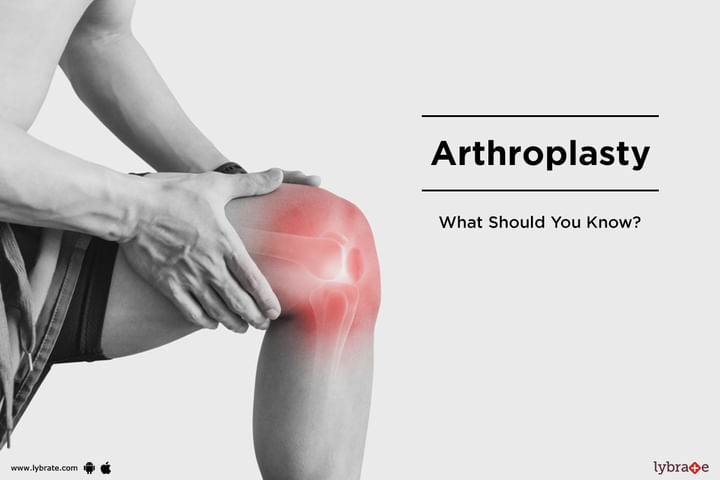Arthroplasty - What Should You Know?
Arthritis has often turned out to be a party-pooper for aged people. The worsening pain as one grows older is a concern for many, with more than 10 million official cases filed per year, in India. Hip and knee arthroplasty, in a strict sense, is the surgical reconstruction or replacement of joints that swell with age.
Main types of arthroplasty
Arthroplasty is generally done on people aged sixty or above and those suffering from osteoarthritis, frozen shoulder, joint stiffness, etc. The main type of arthroplasty is a joint replacement, where the actual organ is surgically replaced with a prosthetic version of it. It aims to improve the muscle strength of the injured portion of the patient's body. Surgeries sometimes go wrong, but more than 90% of hip replacement surgeries have turned out to be successful in the last decade or so. Another popular form of arthroplasty is the Inter-positional arthroplasty, in which skin, muscle or tendons are inter-positioned to keep the inflammation in check.
More details that you need to know
Recovery time
Once a joint is appropriately replaced, the patient needs about three months to get back to a regular lifestyle, especially in the case of knee surgery. For hips, the recovery time drops to around two months, although it mostly depends on the patient’s condition before surgery and the successfulness of the operation.
What can you expect post-surgery?
If both knees or both hips need to be surgically replaced, doctors attempt to do it together, which reduces the chances of more pain during surgery. After the knee surgery is done, it’s prescribed not to kneel until fully recovered. It does not necessarily hurt the patient, but they do not exactly like the temporary pain. And after the hip surgery is done, patients can not immediately return to their usual sleeping position. It takes them almost two months to sleep on their back, and not on their operative side.
What are the risks involved?
There are certain risks involved with a hip and knee arthroplasty. In patients with rheumatoid arthritis, arthroplasty often worsens the condition of space between two joints. Otherwise, allergic reactions to the anesthesia are common. Sometimes, the recently replaced unstable joint becomes prone to another accident just after surgery.
Arthroplasty that costs about Rs.5 lakhs can be heavy on the pocket. Thus, you can look for insurance options before opting for the procedure. Patients who refuse to undergo surgery, are prescribed to take certain drugs that help with arthritis. And due to their refusal, they are also mandated to perform light exercises that keep their joints mobile.
Arthritis is an alarmingly growing concern with statistics showing there is a possibility of surgery demands exceeding 3 million by the end of 2030, mostly due to obesity and work rate of the middle-aged people. And since hip and knee are the most affected, arthroplasty is going be a necessity in the next twenty years, if it is not kept in check.



+1.svg)
